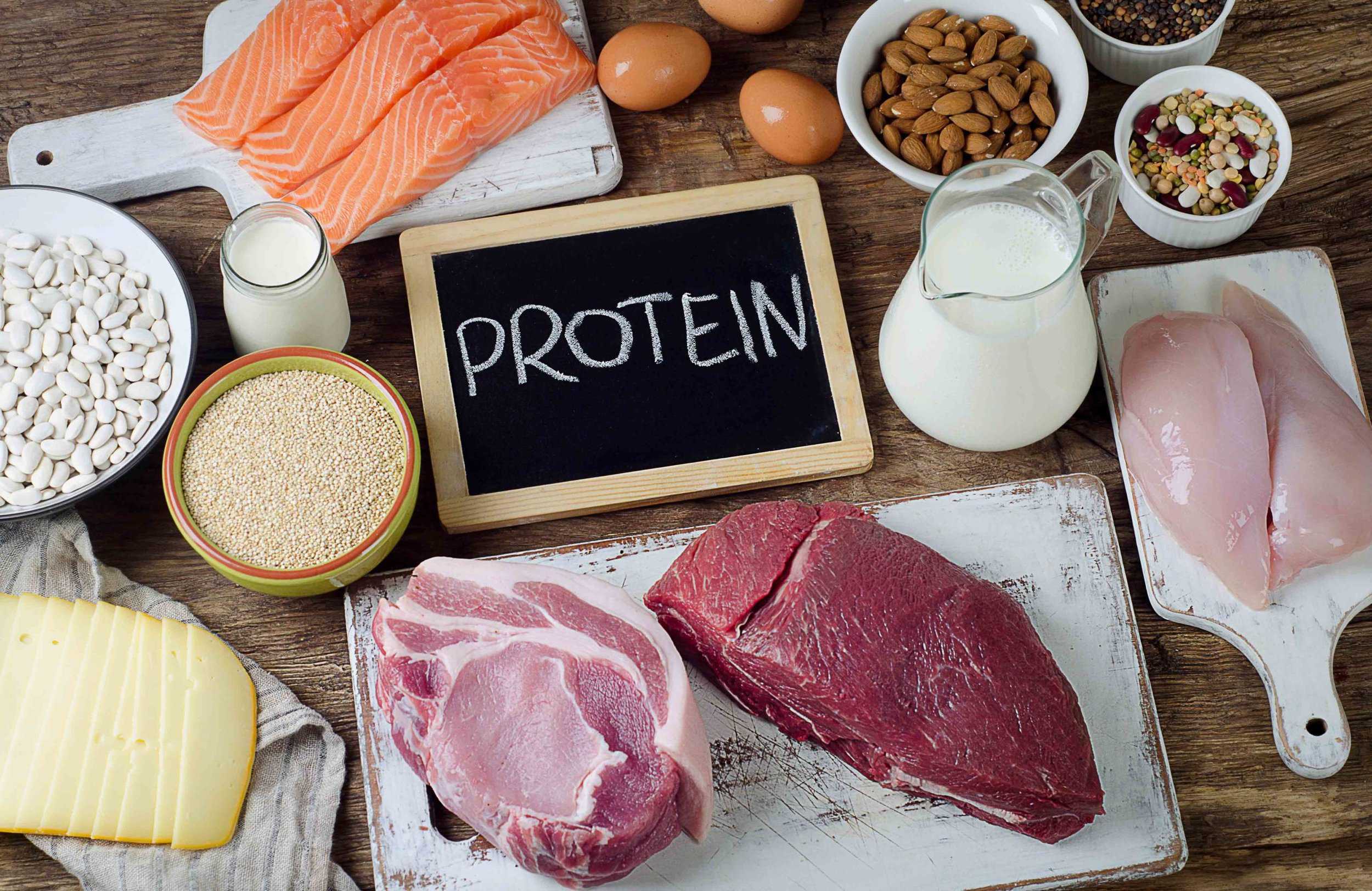Protein Calculator
Welcome to the Protein Intake Calculator!
This sophisticated yet user-friendly tool is crafted to provide an accurate estimation of your daily protein requirements. Whether you’re an athlete fine-tuning your nutrition or someone seeking to balance their dietary intake, this calculator offers a comprehensive insight into your protein needs.
Features:
- Personalized Calculation: Enter your specific details including age, gender, weight, height, and activity level to generate a tailored protein recommendation.
- Multiple Unit Support: Choose between metric (cm/kg) or imperial (ft/in/lbs) units for measurement flexibility.
- Scientific Algorithms: Leveraging well-established formulas such as Mifflin St Jeor, this tool ensures precise calculations based on your individual metrics and activity level.
Benefits:
- Optimized Nutrition: Understand your body’s protein requirements and align your diet for enhanced fitness, muscle recovery, and overall health.
- Fitness and Performance: Tailor your protein intake to match your exercise routines, maximizing performance and aiding in muscle repair.
- Weight Management: For those aiming to manage weight, protein intake plays a crucial role. Get insights into optimizing protein consumption within your dietary plan.
- Educational Resource: Utilize this calculator as an educational tool to comprehend the significance of protein in your daily diet.
Usage Guide:
- Input Information: Fill in the required details including age, gender, weight, height, and activity level.
- Select Units: Choose your preferred measurement system – either metric or imperial.
- Generate Results: Click on “Calculate” to obtain personalized recommendations for your daily protein intake.
Disclaimer: This tool serves as a general guide and should not replace personalized advice from a nutritionist or healthcare professional.
Enhance your understanding of your body’s protein needs and optimize your nutrition with the Protein Intake Calculator!
| Protein Needed (grams/day) | |
| Age 1 – 3 | 13 |
| Age 4 – 8 | 19 |
| Age 9 – 13 | 34 |
| Age 14 – 18 (Girls) | 46 |
| Age 14 – 18 (Boys) | 52 |
| Age 19 – 70+ (Women) | 46 |
| Age 19 – 70+ (Men) | 56 |
Extra Protein Requirements for Pregnancy and Lactation
| Safe Intake (grams / day) |
Additional Energy Requirement (kJ/day) |
Protein : energy ratio |
|
| Pregnancy trimester 1 | 1 | 375 | 0.04 |
| Pregnancy trimester 2 | 10 | 1,200 | 0.11 |
| Pregnancy trimester 3 | 31 | 1,950 | 0.23 |
| Lactation First 6 months | 19 | 2,800 | 0.11 |
| Lactation After 6 months | 13 | 1,925 | 0.11 |
